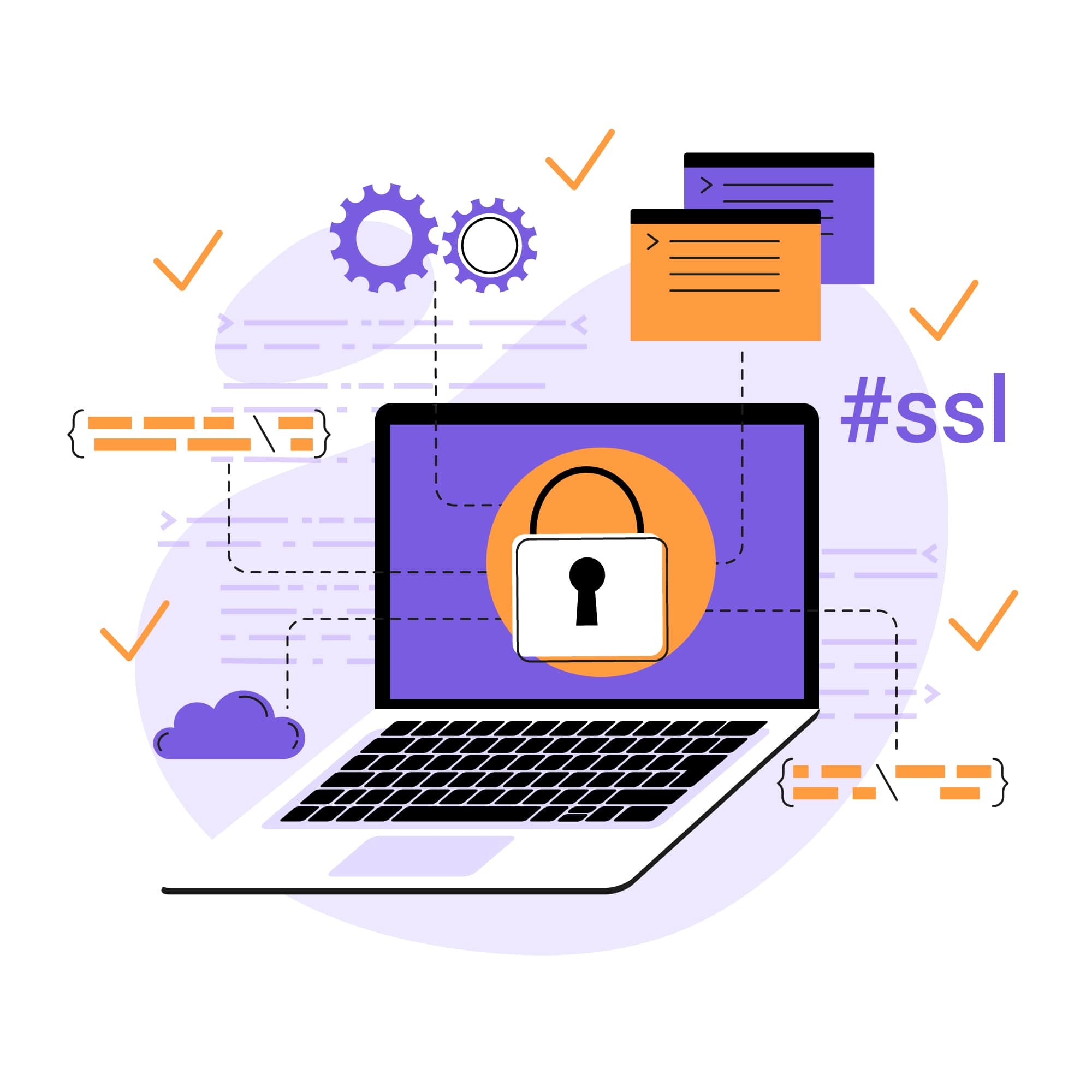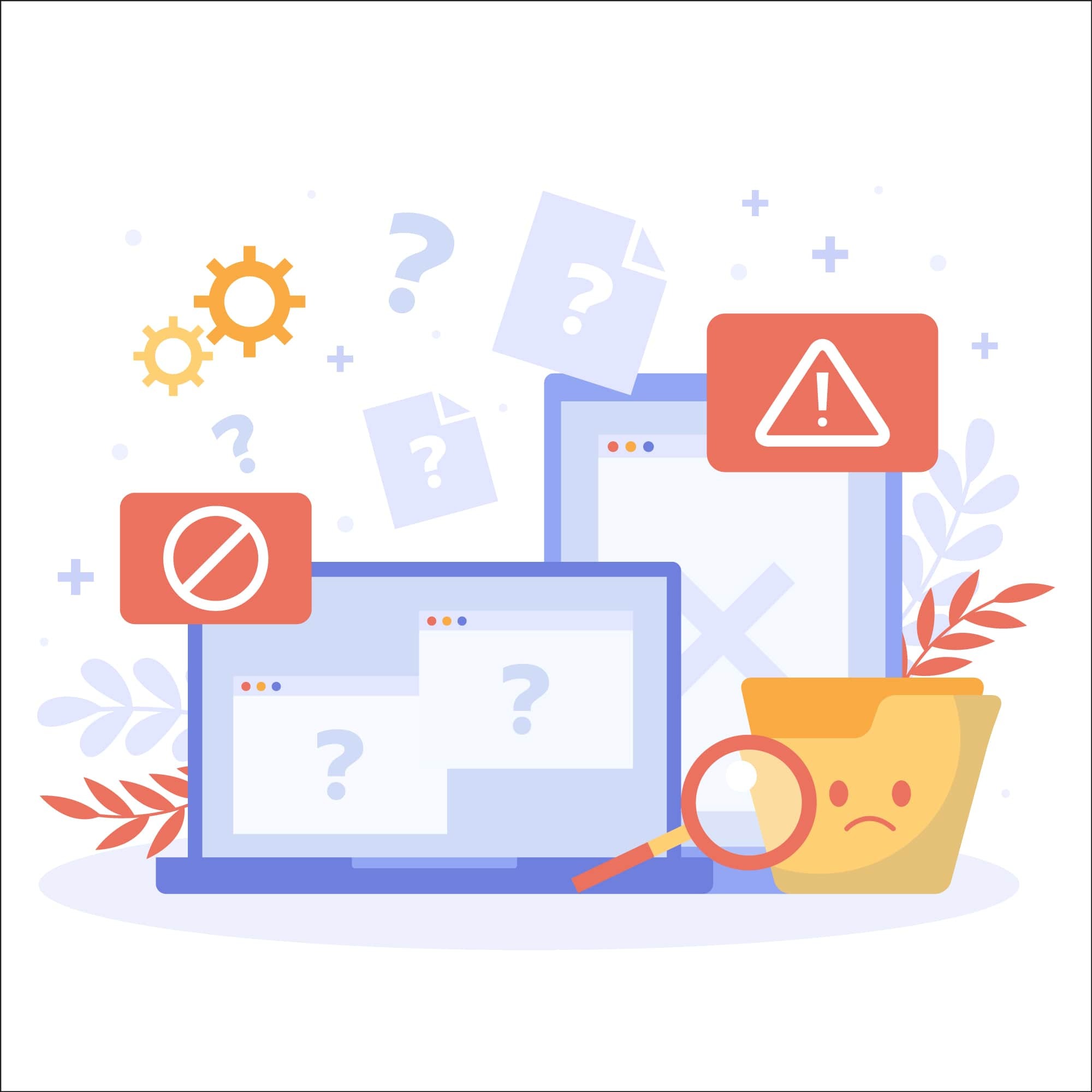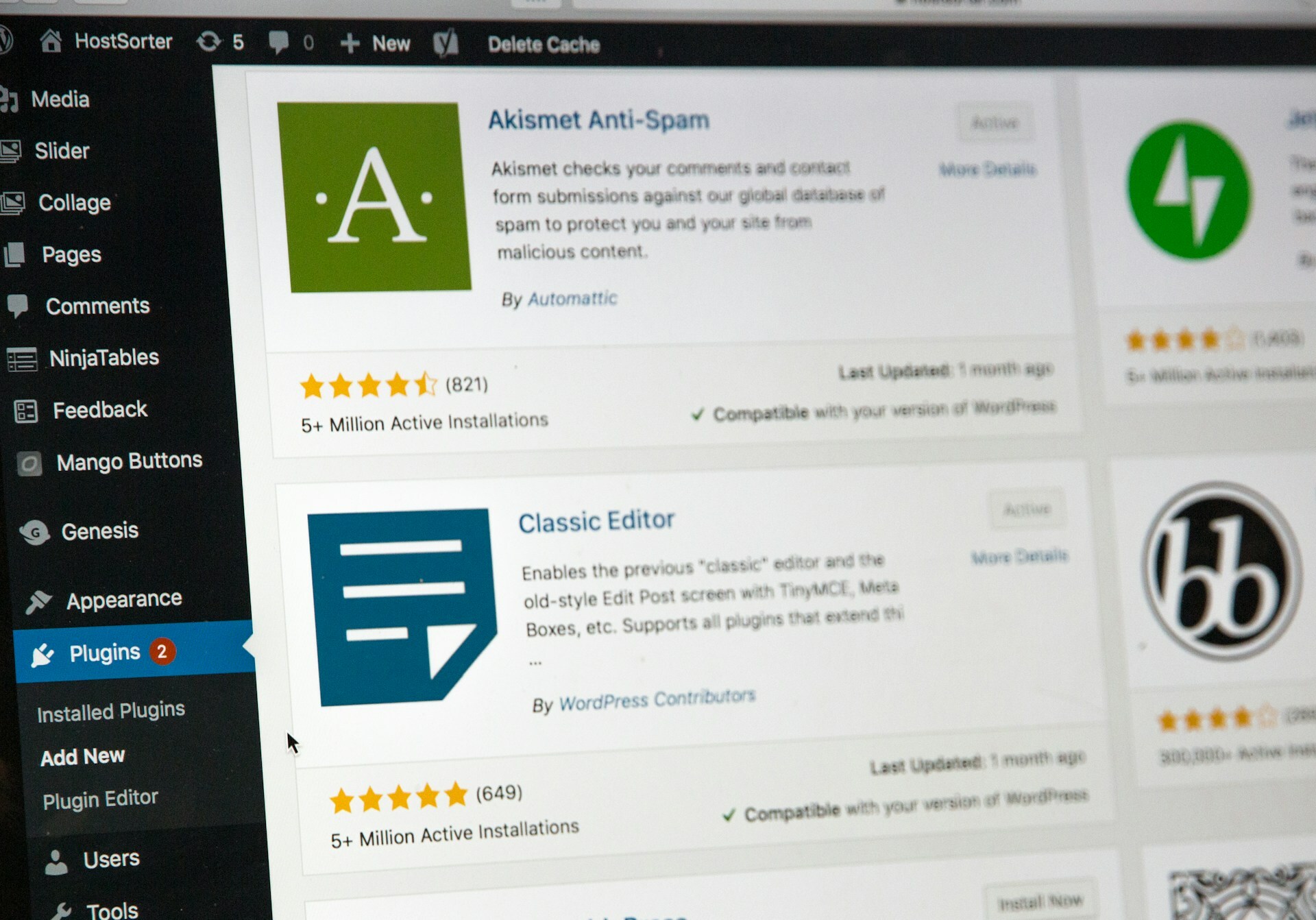
10 Important Security Considerations For Your New Website
So you’re thinking about finally launching your first website. Or you’ve had a website up and running for years but it’s time for an upgrade, an overhaul, and brand new chapter in your online presence.
You’ll have plenty of things to think about and to get right, so just make sure you don’t leave security as an afterthought.
1. Where will you host it?
Hosting matters. Some hosts take security very seriously, because they understand that their reputation counts on your trust in them. Other hosting companies are less than enthusiastic about spending their budget on your security. Choose a host that has lots of experience, a reputation for reliability, a solid support team that’s there in an emergency, and a relentless commitment to protecting your online presence.
2. What do you intend to use it for?
Will you just use your website to advertise your business and encourage people to call or drop by your physical store? Will you collect personal information, maybe even accept credit cards, and even run your entire business online? Websites of all sizes and functions, from a small blog to an e-commerce superstore, can become targets of cybercriminals for one reason or another. An important step in making sure your website is secure is understanding what might make it a target.
3. What kinds of information will you collect?
It’s not just about collecting information from visitors to your website, it’s about what kinds of information, what you do with it, and how you protect it. Remember, even if you ask visitors to share their email address so you can send them a newsletter, that email address is of great value to hackers and identity thieves. The more information you request, the greater your responsibility to protect it. Are you ready for that responsibility?
4. Will you have e-commerce?
Selling your products and services online has never been easier, and it’s a great way to maximize sales and minimize costs. But it comes with risks, and in particular the risk that hackers will breach your security and get their hands on customer credit cards. So before you start accepting online orders, talk to security experts who can make sure security is built in from the start.
5. Will you have to be PCI compliant as a result?
If you plan to accept credit or debit cards , you have to PCI compliant. No discussion, and no exceptions. But getting in compliance is not as daunting as it might sound. For most smaller firms, the process is quick and straightforward. You can complete much of the process yourself in a matter of minutes, then use a firm like SiteLock to perform the regular website security scan you’ll need in order to be PCI compliant.
6. Will you be using lots of third-party plugins?
One of the great things about building killer sites is the number of low-cost and even free plugins you can use to give your customers the best experience possible. The downside is that many of those plugins may have security weaknesses or vulnerabilities that have to be patched quickly. So you’d better make sure that have a process in place to identify plugins with known issues and update all your plugins regularly.
7. Who’s going to manage, update, and access your site?
Maybe you’re talented enough to build and run the entire site on your own. But chances are, you have better things to do. Whoever you choose to build and maintain your website, whether a friend, a local guru, or your web hosting company, you need to make sure that security is a key part of every decision they make. And make sure they know what they’re doing when it comes to security. So many breaches are as a result of mistakes by programmers and web designers who didn’t think about security.
8. Do you know enough about security to be dangerous?
Dangerous to hackers, that is. You don’t have to be a security expert to have a secure website. But if you’re running any kind of business you have to familiar with the basics of security, identity theft, fraud, privacy, and all their cousins. Just like running a bricks and mortar store – if you don’t know how to spot a fake $20 bill, you’re going to end up with lots of them. So take some time to learn about what hackers are up to so you can spoil the party and ruin their day.
9. Who’s going to guard and patrol your online premises?
You know you can’t right? You can’t be there all the time, and the web is a very big and dangerous place. So never open a business on the web without first enlisting the protection of a company like SiteLock. Having the best experts with the best technology in a constant state of vigilance for any sign of attempts to break into your business is more than worth the dollar a day it might cost you.
10. So how are things at home?
Nothing personal, but one of the easiest ways for hackers to break into your website and steal your customer information is to infect your personal and home computers with malware first, then use that to steal your passwords as you log in to your site. So make sure you and everyone at home is aware of the risks and knows how to avoid them.
Good luck on your journey. May your website welcome lots of visitors that leave happy and return often. And make sure it’s as repellent to hackers as it is welcoming to shoppers. This shopper will thank you for it.
If you’d like some additional help and tips in making sure your website stays online and stays secure for you and your customers, start a free consultation with a SiteLock website security specialist today.
Google Author: Neal O’Farrell





